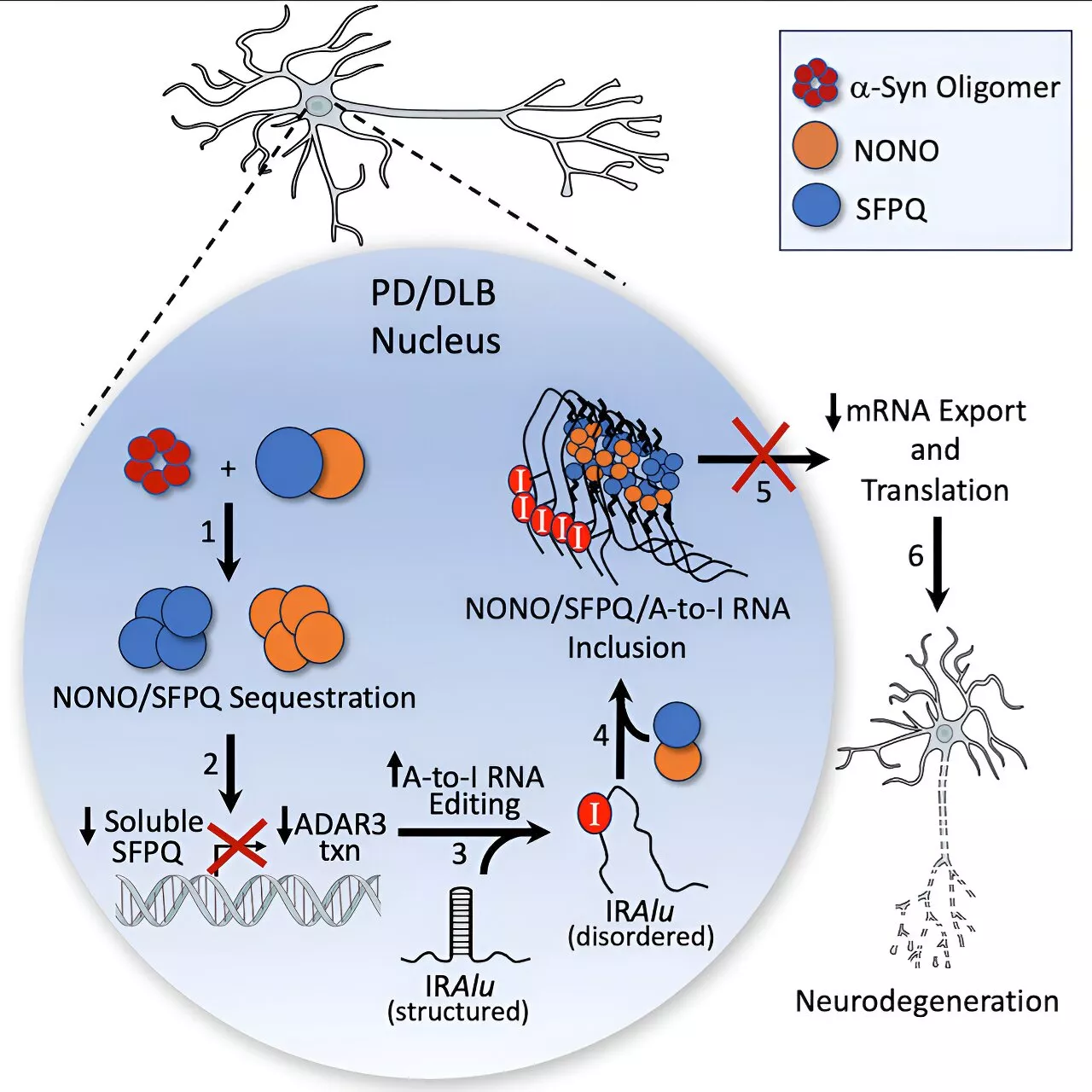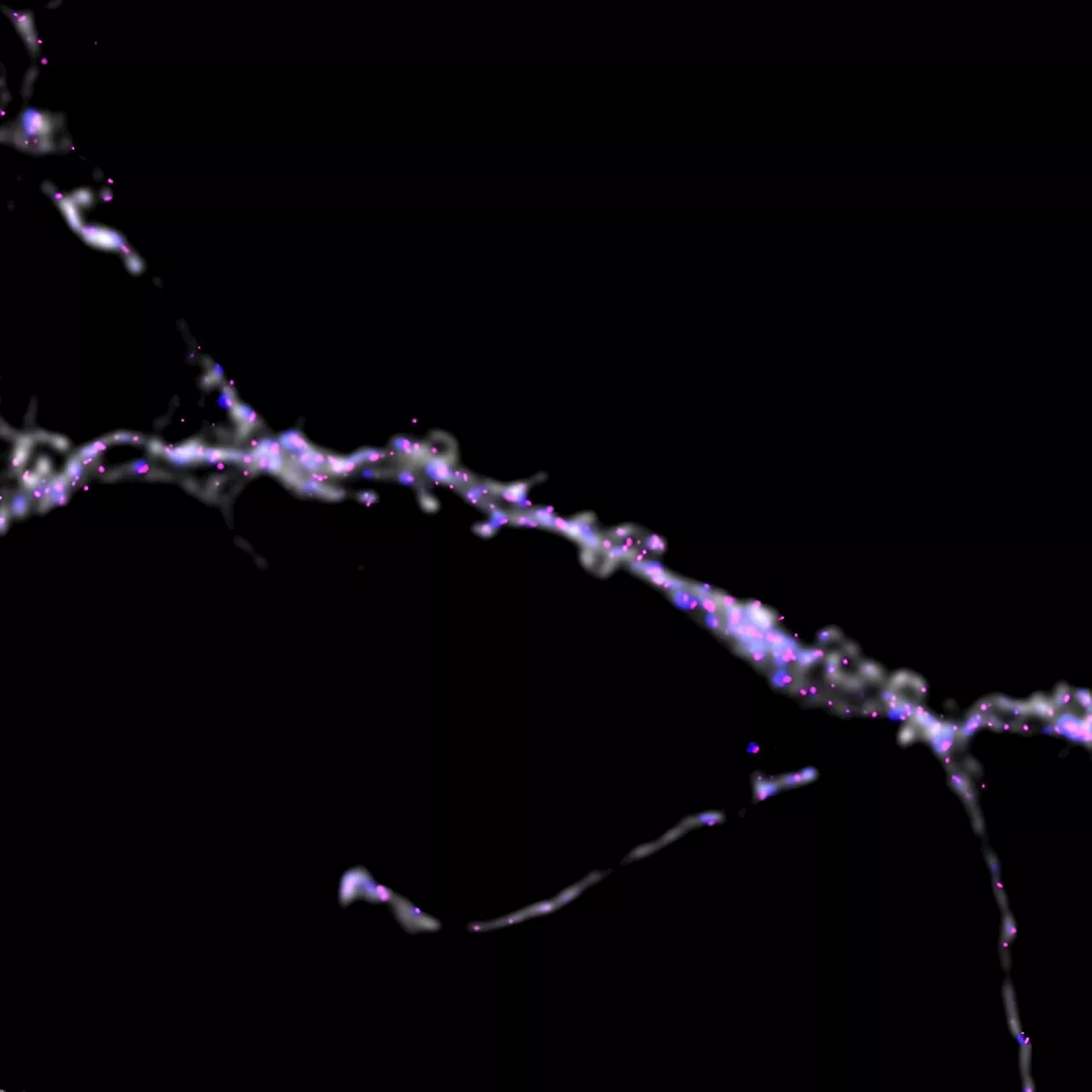A new preclinical model offers a unique platform for studying the Parkinson's disease process and suggests a relatively easy method for detecting the disease in people, according to a new study led by Weill Cornell Medicine researchers.
Weill Cornell Medicine Jul 23 2024 A new preclinical model offers a unique platform for studying the Parkinson's disease process and suggests a relatively easy method for detecting the disease in people, according to a new study led by Weill Cornell Medicine researchers.
Dr. Ching-Hwa Sung, the Betty Neuwirth Lee and Chilly Professor in Stem Cell Research and professor of cell biology in ophthalmology and of cell and developmental biology at Weill Cornell Medicine For the study, the researchers engineered mice that lack the gene for a protein called VPS35 just in rod cells, the main light-sensing neurons of the retina. VPS35 is known for helping cells to distribute molecules to their corresponding destinations, including sending abnormal proteins for degradation. A mutation in VPS35's gene has been linked to a familial form of Parkinson's disease.
Related Stories"We think this explains why we saw such a strong effect of knocking out this protein," Dr. Sung said.
Cell Cell Biology Developmental Biology Gene Medicine Neurons Ophthalmology Parkinson's Disease Pathology Protein Research
United States Latest News, United States Headlines
Similar News:You can also read news stories similar to this one that we have collected from other news sources.
 Weill Cornell researchers define three Parkinson's subtypes with machine learningResearchers at Weill Cornell Medicine have used machine learning to define three subtypes of Parkinson's disease based on the pace at which the disease progresses.
Weill Cornell researchers define three Parkinson's subtypes with machine learningResearchers at Weill Cornell Medicine have used machine learning to define three subtypes of Parkinson's disease based on the pace at which the disease progresses.
Read more »
 Weill Cornell Medicine receives $1.5M grant to predict prostate cancer bone metastasisWeill Cornell Medicine received a $1.5 million grant from the U.S. Department of Defense Prostate Cancer Research Program to develop new approaches for predicting the spread of cancer cells to the bone in men with prostate cancer, using tumor samples taken at early stages of the disease.
Weill Cornell Medicine receives $1.5M grant to predict prostate cancer bone metastasisWeill Cornell Medicine received a $1.5 million grant from the U.S. Department of Defense Prostate Cancer Research Program to develop new approaches for predicting the spread of cancer cells to the bone in men with prostate cancer, using tumor samples taken at early stages of the disease.
Read more »
 New research links anxiety to higher Parkinson's risk in over-50sThe risk of developing Parkinson's is at least twice as high in people with anxiety compared to those without, finds a new study by UCL researchers.
New research links anxiety to higher Parkinson's risk in over-50sThe risk of developing Parkinson's is at least twice as high in people with anxiety compared to those without, finds a new study by UCL researchers.
Read more »
 New-onset anxiety in adults aged 50+ doubles risk of developing Parkinson's diseaseResearchers investigated Parkinson's disease (PD) risk among individuals with new-onset anxiety and associated risk factors.
New-onset anxiety in adults aged 50+ doubles risk of developing Parkinson's diseaseResearchers investigated Parkinson's disease (PD) risk among individuals with new-onset anxiety and associated risk factors.
Read more »
 New cellular mechanisms in Parkinson's disease discoveredA pair of recent studies led by Joseph Mazzulli, Ph.D., associate professor in The Ken & Ruth Davee Department of Neurology's Division of Movement Disorders, have uncovered previously unknown cellular mechanisms involved in neuronal protein aggregation and misfolding, key characteristics of Parkinson's disease.
New cellular mechanisms in Parkinson's disease discoveredA pair of recent studies led by Joseph Mazzulli, Ph.D., associate professor in The Ken & Ruth Davee Department of Neurology's Division of Movement Disorders, have uncovered previously unknown cellular mechanisms involved in neuronal protein aggregation and misfolding, key characteristics of Parkinson's disease.
Read more »
 Molecular insights into cognitive impairment: New research uncovers how Parkinson's affects the brainParkinson's is associated with a higher risk of cognitive impairment and dementia that can severely impact quality of life. Cognitive symptoms include deficits in attention and mental flexibility, among others, and can pre-date the tremors and rigidity used to diagnose the disease.
Molecular insights into cognitive impairment: New research uncovers how Parkinson's affects the brainParkinson's is associated with a higher risk of cognitive impairment and dementia that can severely impact quality of life. Cognitive symptoms include deficits in attention and mental flexibility, among others, and can pre-date the tremors and rigidity used to diagnose the disease.
Read more »
